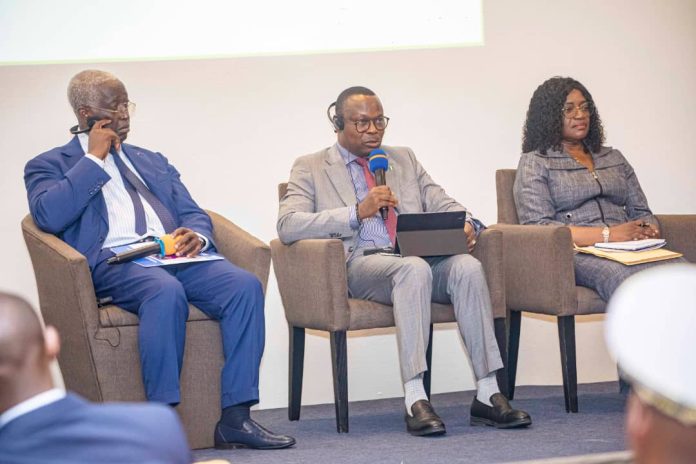The Federal Capital Territory (FCT) Minister, Barr. Nyesom Wike, has expressed deep sorrow over the passing of Lt. General Jeremiah Timbut Useni, one of his predecessors, describing the loss as “the fall of one of the biggest trees in Nigeria’s forest.”
In a statement released by his Senior Special Assistant on Public Communications and Social Media, Wike extolled the late Army General’s outstanding contributions to the development of the FCT during his tenure as Minister from 1993 to 1998.
Wike said “From joining the Army at the age of 14, to becoming the Military Governor of the defunct Bendel State, Minister of Transport, Quarter-Master General of the Nigeria Army, FCT Minister and Senator for the Plateau South of Plateau State, Lt. General Jeremiah Timbut Useni, can be said to be among those Nigerians who saw it all and lived a life of service to the country.
“He was a jolly good fellow, fondly called ‘Jerry Boy,’ who took service to the people as his number one priority.
“Nigerians, especially the Tarok people of Plateau State will never forget the late General for epitomising great virtues.
“He will be sorely missed by the entire people of Plateau State, Nigerian Armed Forces and Nigerians in general.
“On behalf of myself and residents of the FCT, I mourn the departure of General Jeremiah Timbut Oseni, a great man, a Patriot, a fine military officer, a Politician, a Peacemaker and a man of faith in the Almighty God.
“May his soul rest in peace.”










